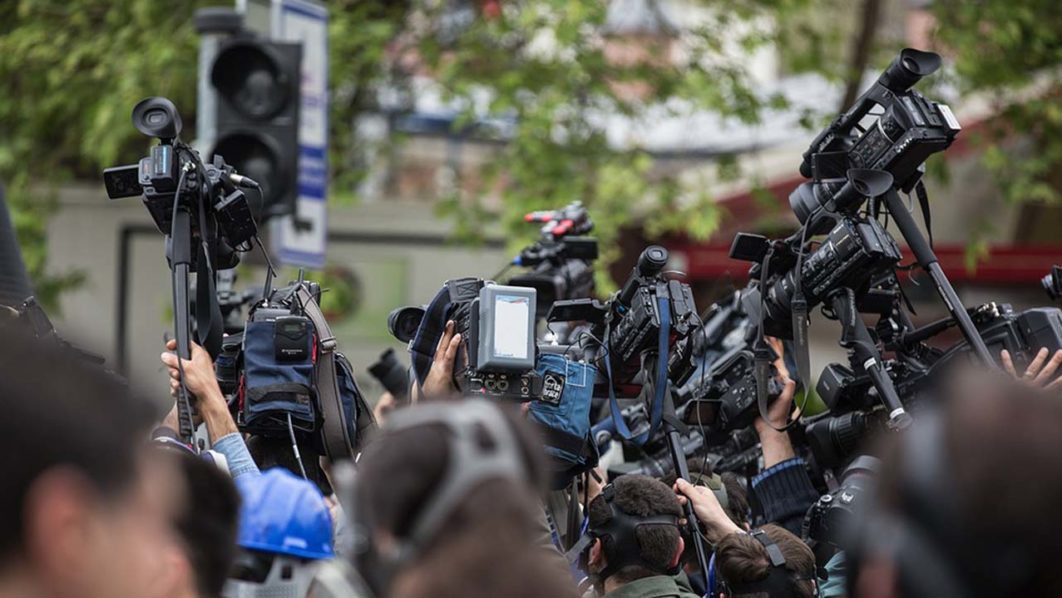
Experts in journalism have called on journalists to report actions that tend to promote mutual relationships across ethnic, religious or political divides.
They also stressed the need for government to make information available to journalists to avert situations where desperate journalists had to publish without official sides to their stories.
A veteran Nigerian journalist, Mr. Ray Ekpu, and a former BBC correspondent, Mr. Mick Slater, made the calls at a two-day training on Conflict-Sensitive Reporting organised in Abuja for editors by the Centre for Democracy and Development (CDD), established in the United Kingdom in 1997 and registered in Nigeria in 1999 as an independent, not-for-profit, research training, advocacy and capacity-building organisation.
Ekpu went down memory lane to recall how government actions or inactions, adversely affected conflict reporting in Nigeria, in particular. Rather than make facts about conflicts available as they are, he noted that officials take all manner of steps in the name of preventing escalation to deny the public facts regarding conflicts, thereby creating conflicting reports, which, in themselves, fuel conflicts.
According to him, getting information from official sources could be as difficult as the proverbial head of a camel passing through the eye of a needle. He urged government to enhance its relationship with the media to facilitate good media reportage.
He also identified what he termed “newsroom politics” and “unnecessary self-censorship by journalists themselves” as militating against true journalism practice in the country, saying that in some cases, what is eventually pushed out as news stories could be coloured to reflect the sentiments and sensibilities of media owners.
He also lamented the failure of government to protect journalists covering conflict as done in other climes.
He advised journalists to be extremely careful, saying: “It is a pity, in Nigeria, government doesn’t protect journalists who cover conflicts. It is a very, very difficult assignment. Don’t die for conflict. No conflict is worth dying for.”
To achieve fair conflict reports, Slater listed 11 questions a journalist must answer before reporting crises. Some of the questions are: “Is the coverage going to influence the situation; Is our language inflammatory; Do we get a range of views; Do we take sides; Are we fair to all contenders; Was our interviews aggressive and one-sided; Did we label people?”
Other questions, according to him, that should be answered are: “Did we give people appropriate titles; Did we do ‘Yes Sir’ journalism; Did we put anyone in danger; Does it show bias; and Did we aid either side?
In their welcome address, introductory remarks, and vote of thanks, the CDD Director, Idayat Hassan; finance officer, Damian Ihekoronye, and media lead, Bankole Adeshina, said the training aims at convening “an honest conversation about the editorial dilemmas that arise in reporting on sensitive conflict issues; initiating participants’ reflections on the doctrine of “do no harm” and demonstrating how it applies to media reporting in the Nigerian context; sharing global best practices and technical skills pertaining to solution-based journalistic reportage; equipping participants with a basic understanding of the flows of misinformation and disinformation in Nigeria, as well as their consequences for national public
discourse; identifying and agreeing upon key editorial values and ethics necessary for reporting in conflict environments.”



